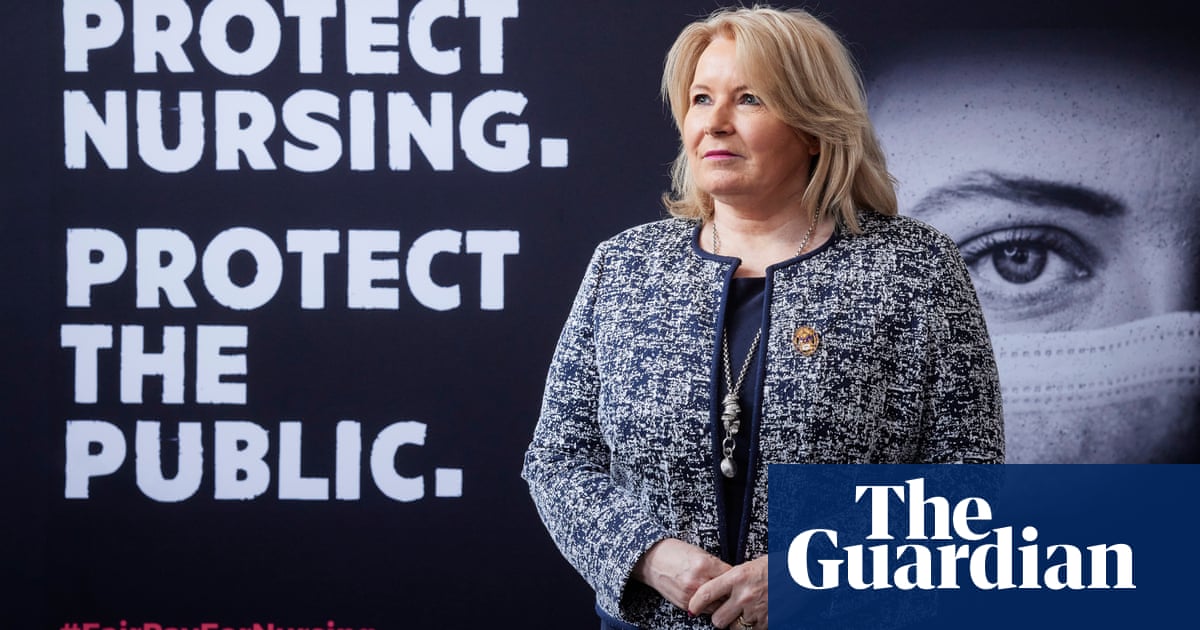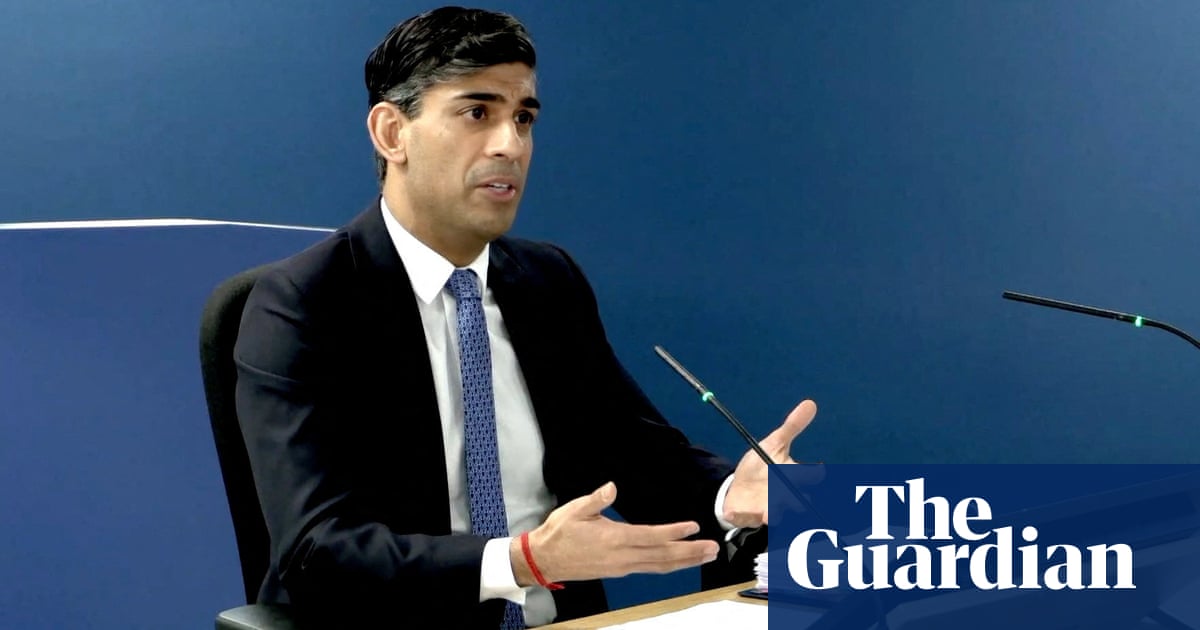
The chancellor has announced £750m of extra funding for frontline charities across the UK, a move that is unlikely to go far enough to save some third sector organisations from collapse.
The announcement, made by Rishi Sunak in Downing Street’s daily coronavirus briefing, came after widespread calls to extend government financial help offered to small- and medium-sized businesses to the charity sector.
Some of the best-known national charities are in dire straits as revenue from charity shops and fundraising events dries up during the coronavirus lockdown. The Labour MP Stephen Doughty tweeted that the new funding fell well short of what was needed, pointing out that the cancellation of the London marathon alone cost the sector £66m.
The Treasury said on Wednesday that £360m would be directly allocated by government departments to charities providing key services and supporting vulnerable people during the Covid-19 crisis.
Another £370m for small- and medium-sized charities would be available for community organisations that are providing services such as delivering food, essential medicines and providing financial advice. Of this, £60m will be allocated through the Barnett formula to those in Scotland, Wales and Northern Ireland.
The government will also match donations made to the National Emergencies Trust as part of the BBC’s Big Night In fundraiser later this month, pledging a minimum of £20m.
Sunak said charities were playing a crucial role in the national fight against coronavirus, supporting those who are most in need. “It’s right we do everything we can to help the sector during this difficult time, which is why we have announced this unprecedented £750m package of extra funding,” he said.
The chancellor said he could not save every job, business or charity with his emergency measures. “In spite of what are unprecedented measures in scale and scope, I can’t stand here and say I can save every single job, protect every single business or indeed every single charity. That’s just simply not possible.”
At the end of March, the National Council for Voluntary Organisations (NCVO) predicted that the charity sector would lose £3.7bn of income over the proceeding 12 weeks. Politicians and charity bosses have warned that this would result in a fall in support available to vulnerable people – such as the homeless and those with addiction problems – which would, in turn, put more pressure on the public purse.
Cancer Research UK was among a number of leading cancer charities to warn on Tuesday that a shortfall of donations would set back progress on fighting the disease. The organisation said it expected to lose up to a quarter of its fundraising income (about £120m) in the next 12 months.
Sue Ryder, one of the UK’s biggest providers of end-of-life care, has similarly warned it may have to close its hospices after the crisis blew a £12m hole in its budget. St John Ambulance, which has deployed hundreds of volunteers around the NHS to help tackle Covid-19, also told MPs last week it would run out of money in the next four months. The charity’s chief executive said it would need £450,000 a week to meet its commitments.
Hospice charities like Sue Ryder are to receive £200m of the funding. St John Ambulance will also be among the charities to benefit from the newly announced funds, along with Citizens Advice and those providing support to vulnerable children and victims of domestic abuse.
The health secretary, Matt Hancock, said: “Hospices have suffered a huge challenge to their funding due to the outbreak of coronavirus but at the same time continued to play a vital role in delivering compassionate, quality end-of-life care for many people.”
Vicky Browning, chief executive of the Association of Chief Executives of Voluntary Organisations, said the new funding would not be enough to save every charity.
“When a charity closes, it is the people they work with that are harmed and we believe every possible step should be taken to prevent people from experiencing harm because of this pandemic,” she said.
Browning said that only around 30% of charities would be able to take advantage of the government’s job retention scheme, which allows organisations to furlough staff and receive a grant of up to 80% of their wages.
“For many organisations there’s actually far more demand on their services, so it’s not that they have people sitting around doing nothing,” she said. “They can’t afford to mothball their staff, but they also can’t afford to keep them going, so they’re stuck between a rock and a hard place.”












